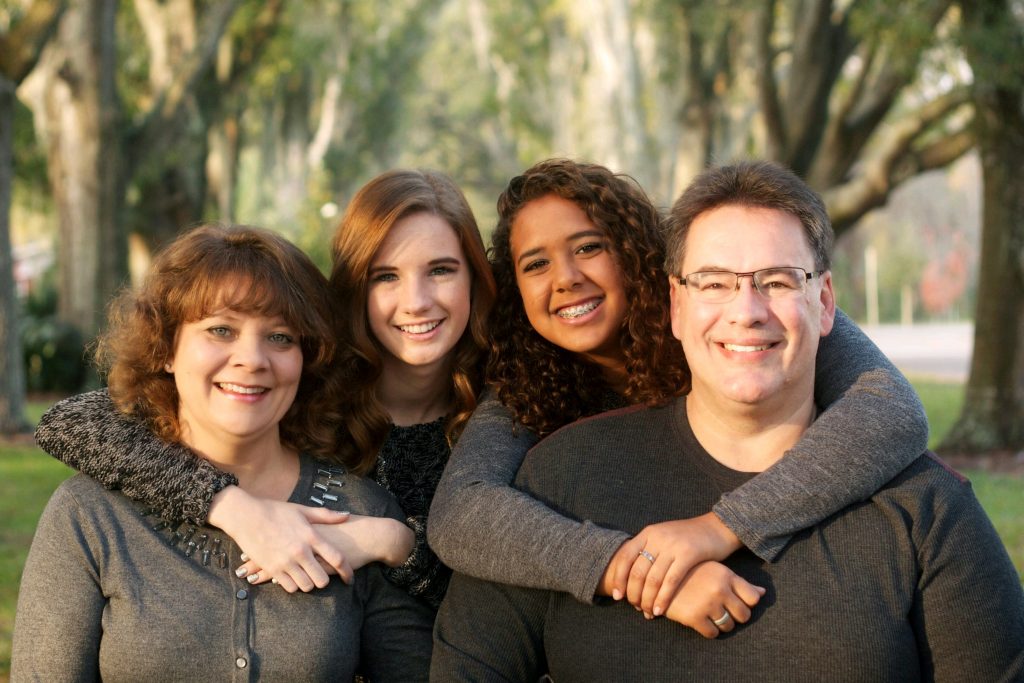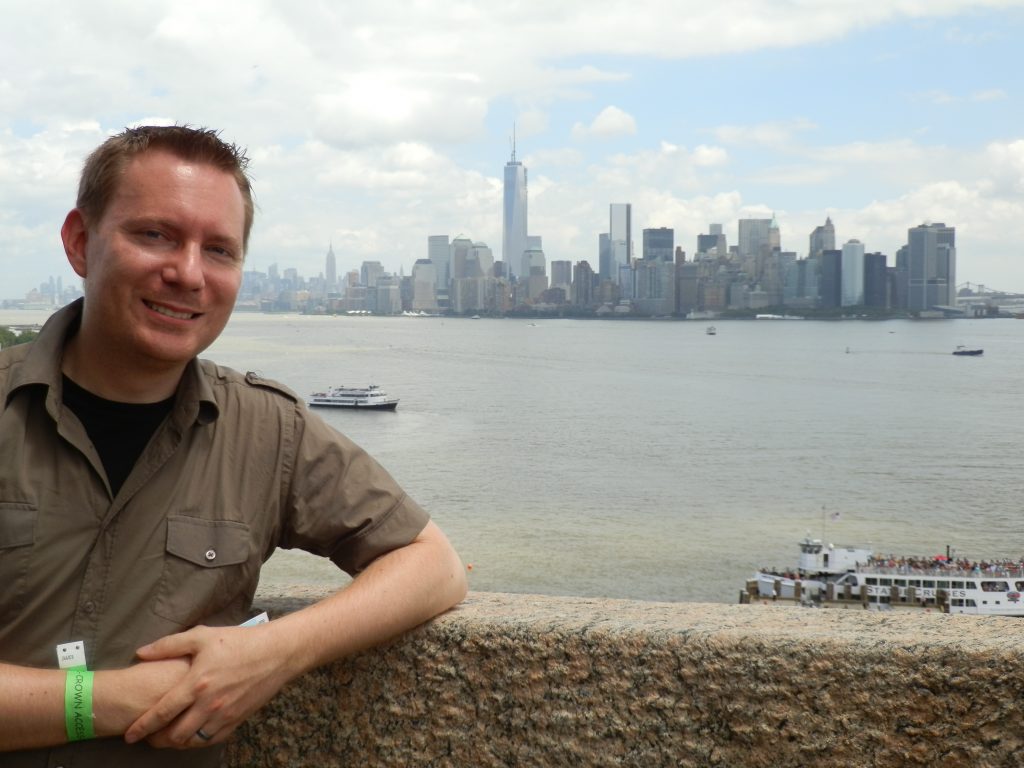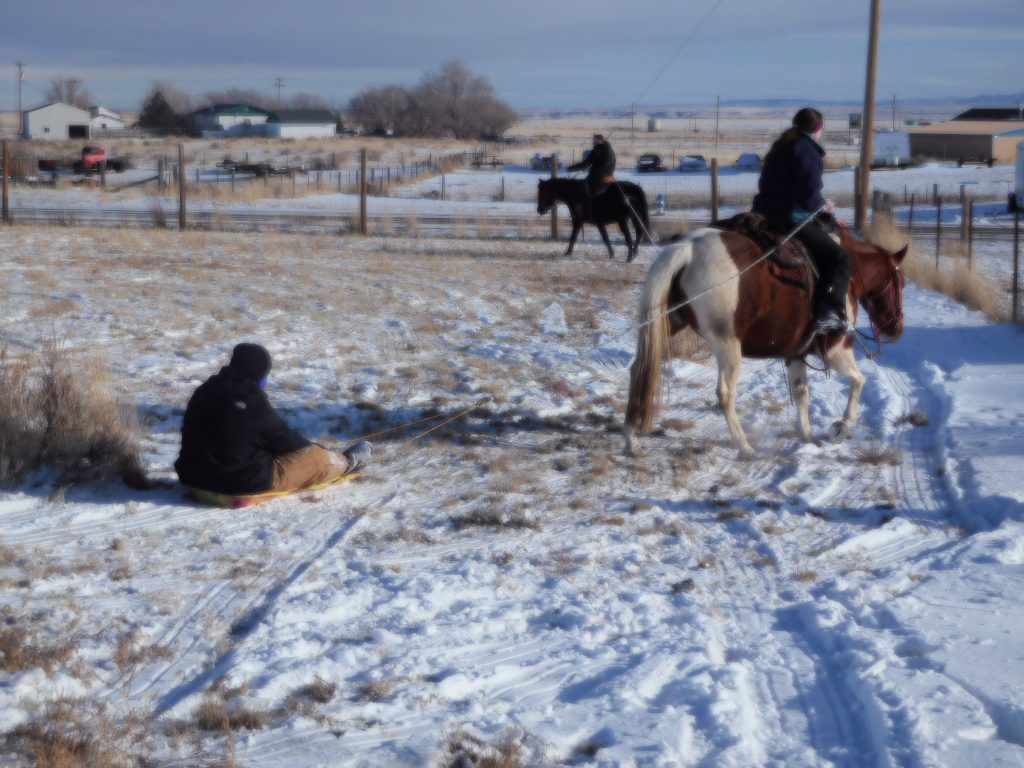Editor’s note: This story pairs with another titled “Mormon civic engagement driven by calls to action.”
Html code here! Replace this with any non empty text and that's it.
A sampling of Mormons from different states say the level of Mormon civic engagement shifts throughout the U.S. depending on unique political circumstances of each area.
Odessa, Florida

David Houssian, a 22-year Florida resident, said Mormon civic engagement is about average in Odessa. He said the general population there tends to be pretty politically involved.
“If there’s something they don’t like, it gets changed, and that’s LDS and non-LDS,” Houssian said. “If people aren’t getting what they like or what they expect, they’re very vocal about it and we’re just part of that greater community as members of the church.”
Houssian said the most prominent expression of Mormon civic engagement he has seen in his area is members of the LDS Church getting involved in local faith-based service organizations.
“In the local communities, the local schools, that’s where you see Mormon involvement,” Houssian said.
New York City, New York

Dustin Joyce said he hasn’t noticed much of a difference between the level of Mormon civic engagement and that of the general population in New York City within the past five years he has lived there.
“In New York, certainly people talk about it and have feelings about it, but in terms of people really getting out there, it doesn’t feel that people in New York are necessarily as civically engaged as you might find … in other parts of the country,” Joyce said.
He said he feels this might have to do with the fact that four out of New York’s five boroughs are on islands, isolating them in a sense.
“We are literally, physically, geographically separated from the rest of the country and you can feel that sometimes,” Joyce said. “It’s a very unique place within the United States.”
Joyce said in his time in New York City, the biggest manifestation he has seen of Mormons getting involved in the community was after Hurricane Sandy.
“Quite a bit of damage occurred and the church really got organized and people from all across the region, not just within New York City, came to help with the cleanup, and people did realize that the church was pretty heavily involved,” Joyce said.
Woodburn, Oregon

Emma Pister said the small number of Mormons in her hometown, Woodburn, Oregon, feel an obligation to get politically involved.
“I think we’re really involved in the community due to the fact that we don’t have a really big Mormon population where I’m from,” Pister said. “It creates a lot of necessity to get involved in the community.”
About 80 percent of the population in Woodburn is Latino, Pister said. She said she thinks this caused civic engagement to increase there during the 2016 presidential election cycle.
“What I’ve noticed is that for the younger, second-generation citizens, whose parents emigrated over, it’s a huge thing that they are getting involved in politics,” Pister said. “A lot of the young adults take the responsibility of voting to keep their parents in the U.S.”
Powell, Ohio

Powell, Ohio resident Tracy Robinson said Mormons are very politically involved where she lives.
“We try to get involved in all the local and national areas,” Robinson said. “They just get out there and have their voice heard.”
Robinson said although there are people on both ends of the political spectrum in her Mormon community, they all get along and are not divided by their political beliefs.
“I find at church here, there’s a much softer line,” Robinson said. “Especially in this election, which was very unkind.”
Rolling Hills, Wyoming

BYU student Joseph Cotton said in small towns like his hometown of Rolling Hills, civic engagement is especially important.
Cotton, said most people in his hometown are very opinionated about political issues. He said it is common to overhear people discussing politics in public.
“I’d say for the most part, people in the area of Wyoming where I’m from have to be very in touch with politics because the issues directly affect them,” Cotton said. “The population is small enough that each person can make a relatively significant impact on the course of local or state politics.”




